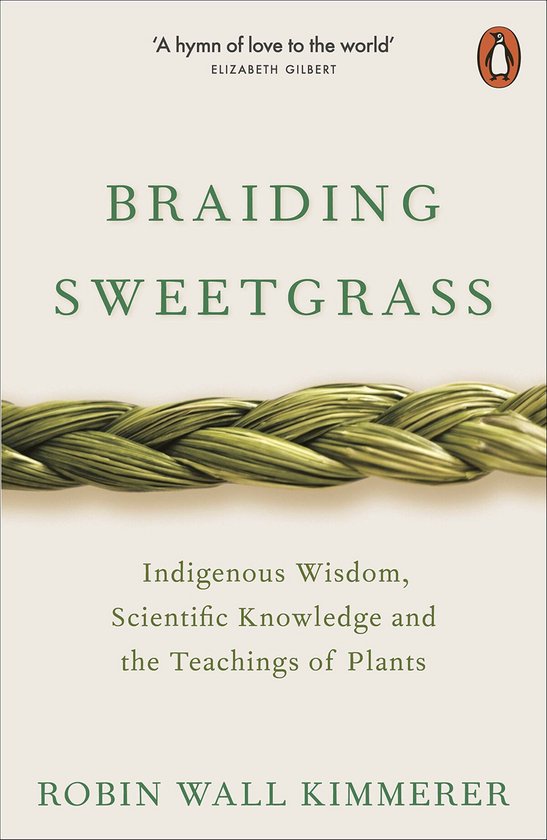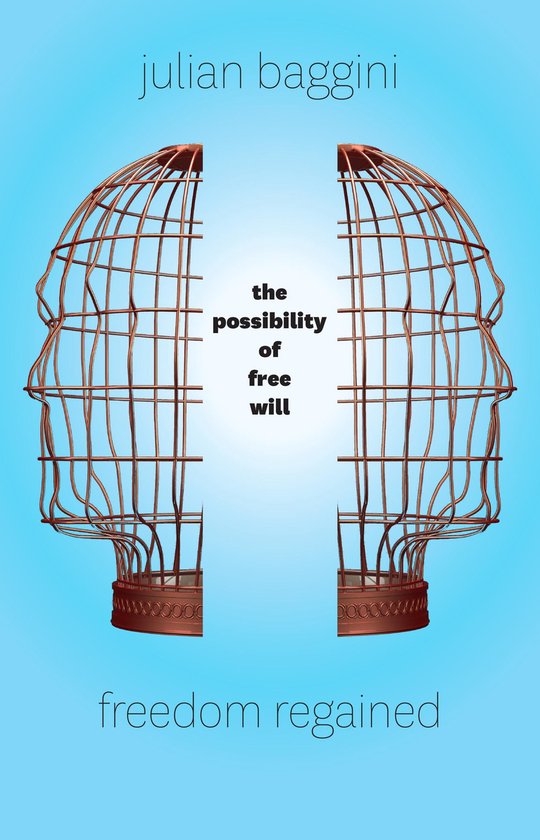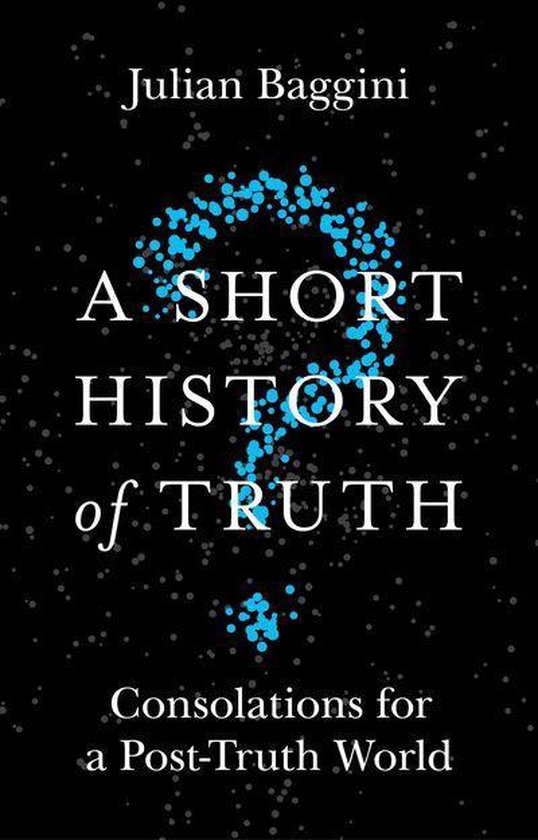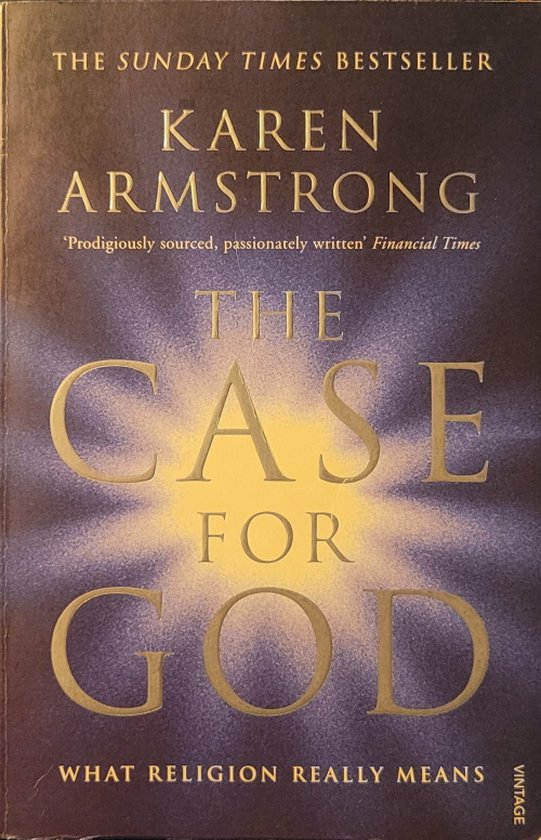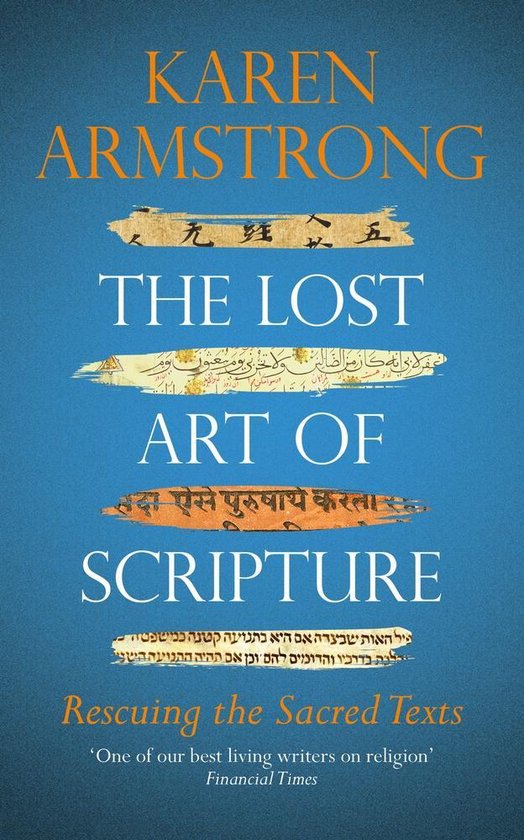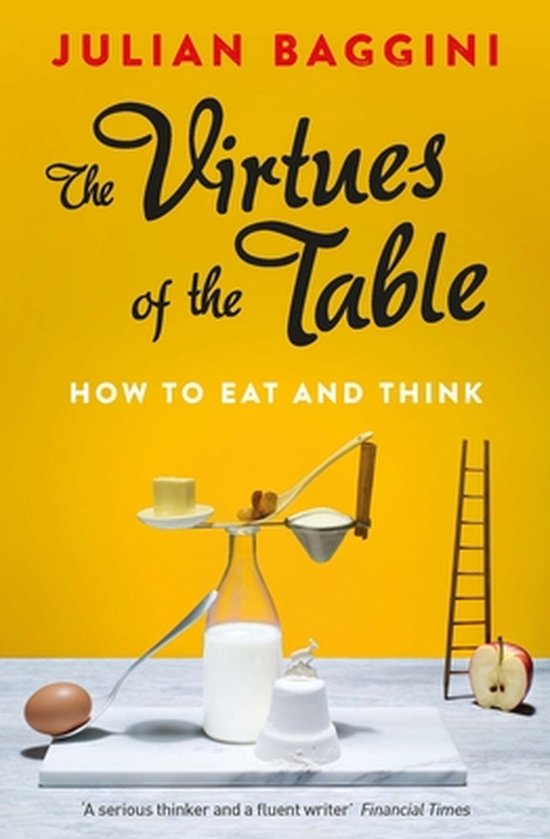
Virtues Of The Table
An entertaining and thought-provoking look at the food on our plates, and what it can teach us about being human, from the author of The Ego Trick and The Pig That Wants to be Eaten
How we eat, farm and shop for food is not only a matter of taste. Our choices regarding what we eat involve every essential aspect of our human nature: the animal, the sensuous, the social, the cultural, the creative, the emotional and the intellectual. Thinking seriously about food requires us to consider our relationship to nature, to our fellow animals, to each other and to ourselves. So can thinking about food teach us about being virtuous, and can what we eat help us to decide how to live? From the author of The Ego Trick and The Pig that Wants to be Eaten comes a thought-provoking exploration of our values and vices. What can fasting teach us about autonomy? Should we, like Kant, 'dare to know' cheese? Should we take media advice on salt with a pinch of salt? And can food be more virtuous, more inherently good, than art?
How we eat, farm and shop for food is not only a matter of taste. Our choices regarding what we eat involve every essential aspect of our human nature: the animal, the sensuous, the social, the cultural, the creative, the emotional and the intellectual. Thinking seriously about food requires us to consider our relationship to nature, to our fellow animals, to each other and to ourselves. So can thinking about food teach us about being virtuous, and can what we eat help us to decide how to live? From the author of The Ego Trick and The Pig that Wants to be Eaten comes a thought-provoking exploration of our values and vices. What can fasting teach us about autonomy? Should we, like Kant, 'dare to know' cheese? Should we take media advice on salt with a pinch of salt? And can food be more virtuous, more inherently good, than art?
| Auteur | | Julian Baggini |
| Taal | | Engels |
| Type | | Paperback |
| Categorie | | Kookboeken |
